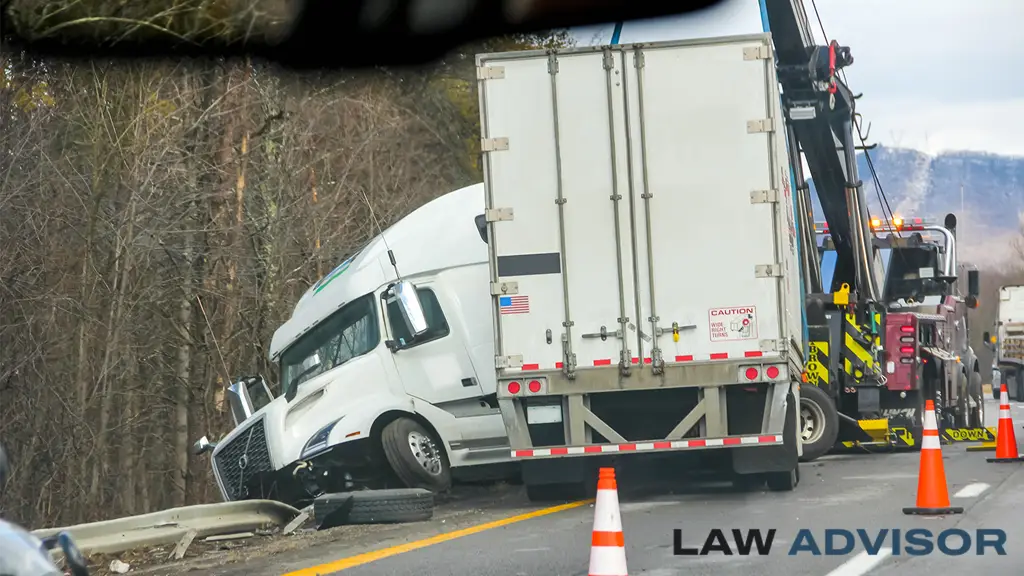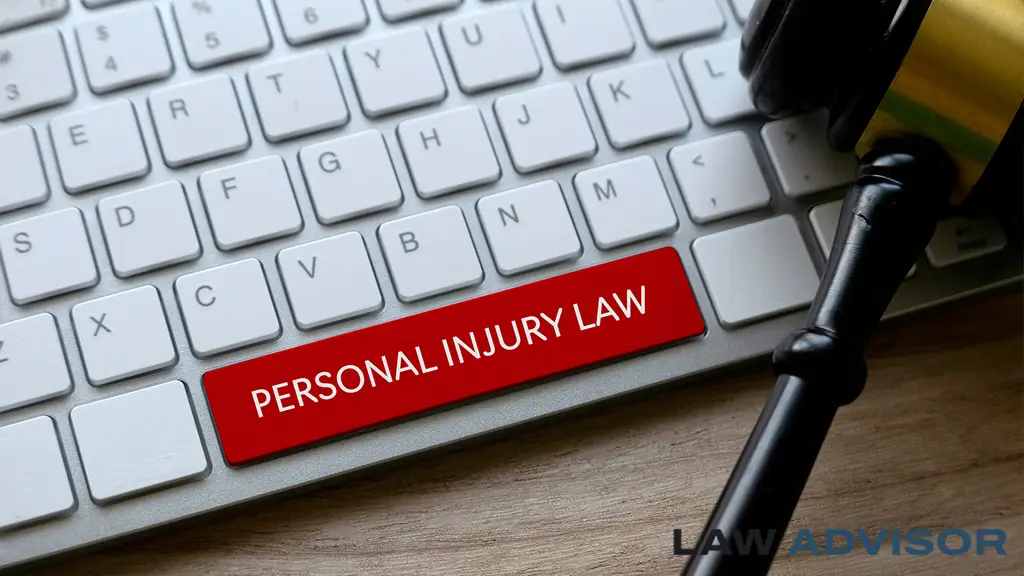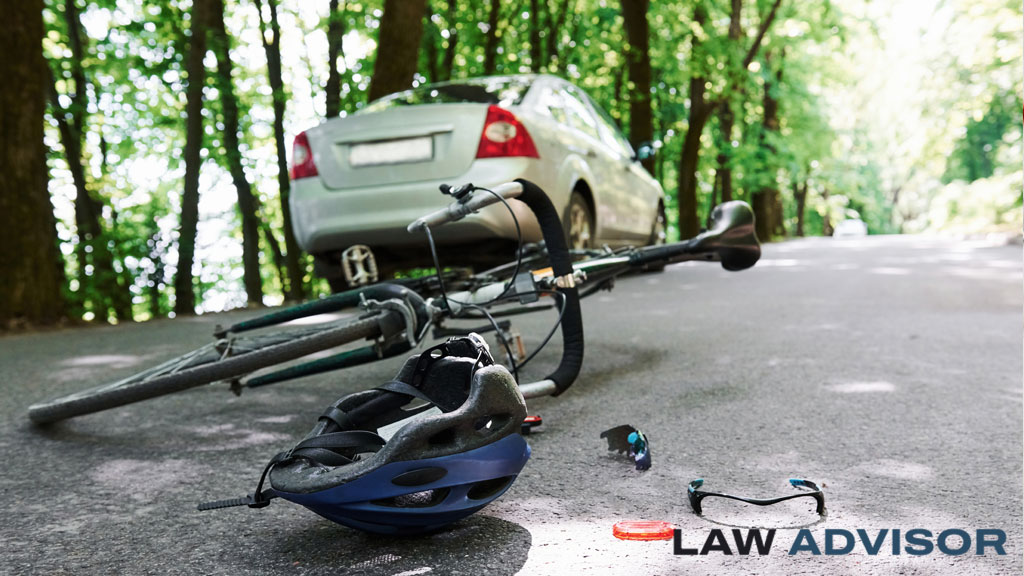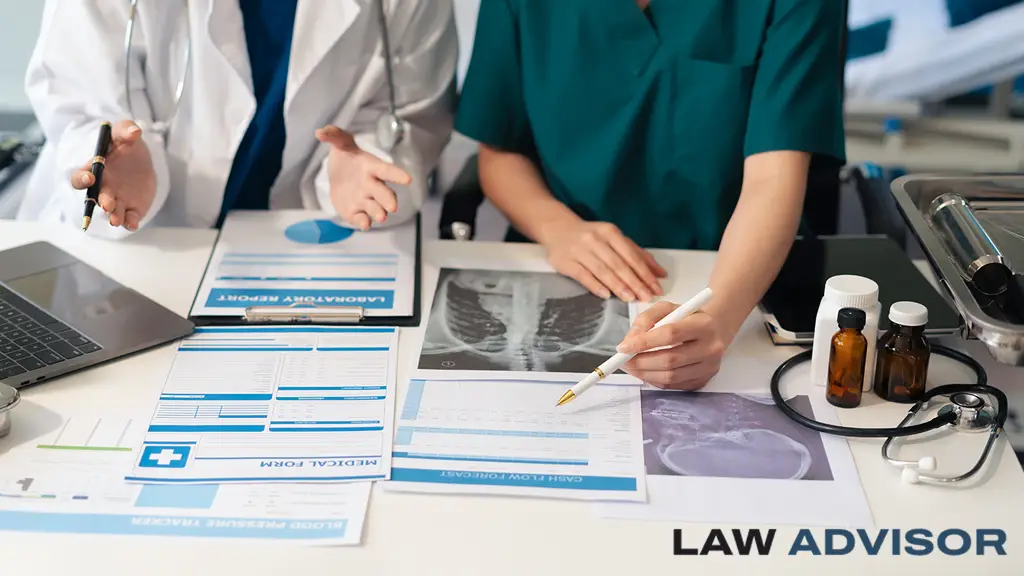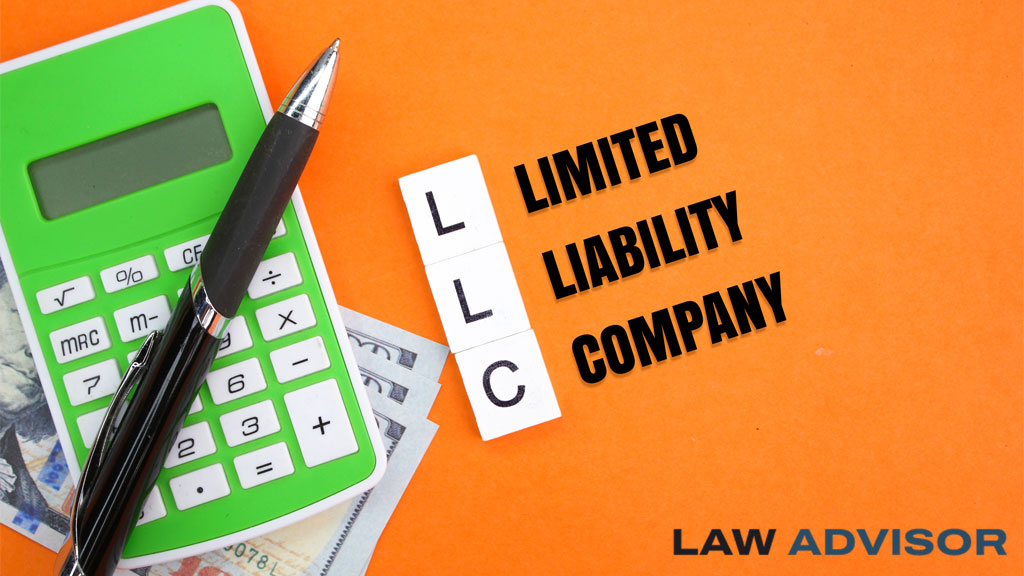A crash is a crash… right?
Not exactly.
If you’ve been involved in an accident with a commercial truck, the legal process is very different than a typical car accident claim. From who’s at fault to who pays, truck accident cases involve more complexity, higher stakes, and stricter regulations.
In this guide, we’ll break down the key legal differences between truck and car accidents, what to expect if you’re injured in one, and how to protect your rights.
🚗 What Qualifies as a Car Accident?
A car accident typically involves:
- Private passenger vehicles (sedans, SUVs, etc.)
- Two or more personal drivers
- Insurance claims handled between individuals and their insurers
Liability, damages, and insurance are usually more straightforward compared to truck cases.
🚛 What Qualifies as a Truck Accident?
A truck accident usually involves:
- A commercial vehicle (18-wheeler, semi-truck, box truck, etc.)
- A professional driver operating on behalf of a company
- Strict regulations from the Federal Motor Carrier Safety Administration (FMCSA)
💡 Trucking companies must follow federal laws on driver hours, maintenance, licensing, and insurance—making these cases more legally layered.
⚖️ Key Legal Differences Between Truck and Car Accidents
| Aspect | Car Accident | Truck Accident |
|---|---|---|
| Driver Type | Private individual | Commercial driver with special license |
| Insurance Policy | Personal auto insurance | Commercial insurance with higher limits |
| Liability | Typically driver only | May include driver, trucking company, or others |
| Regulations Involved | State traffic laws | Federal & state trucking regulations (FMCSA) |
| Investigation Complexity | Moderate | High – requires review of logs, truck data, etc. |
| Injury Severity | Typically less severe | Often catastrophic due to vehicle size/weight |
🧩 Who Can Be Held Liable in a Truck Accident?
Unlike a car crash where fault usually lies with one of the drivers, truck accidents may involve multiple liable parties:
- The truck driver
- The trucking company (employer)
- The maintenance provider
- The cargo loader
- The truck manufacturer (if equipment failed)
🛠️ Each of these parties may carry separate insurance policies and legal defenses.
📜 Federal Trucking Regulations That Matter
The FMCSA imposes strict rules on:
- Driver qualifications
- Hours-of-service limits (to avoid drowsy driving)
- Vehicle maintenance and inspections
- Cargo weight limits and load security
Violations of these regulations can make a strong case for negligence in a truck accident.
🧠 Why Truck Accidents Are More Legally Complex
- Multiple layers of liability
- Larger insurance policies (which means insurers fight harder to avoid big payouts)
- Need for expert witnesses (accident reconstruction, medical, trucking experts)
- More intensive investigations, including:
- Black box data from the truck
- Driver logs
- Dashcam footage
- Maintenance records
💡 Most truck accident cases require an experienced attorney to handle properly.
💰 Compensation in Truck vs. Car Accidents
Because truck accidents often involve:
- Larger medical bills
- Long-term disability
- Permanent disfigurement
- Wrongful death
…they usually result in higher compensation, but also longer litigation and more aggressive defense from insurance companies.
🧠 You May Wanna Check Out:
- How Long Does a Personal Injury Lawsuit Take?
- Understanding Pain and Suffering in Injury Settlements
- What to Expect During a Personal Injury Lawsuit
✅ Final Thoughts
Not all accidents are created equal. If you’ve been injured in a truck accident, you’re facing a much more complex legal process than a typical car crash.
With multiple parties involved, strict federal regulations, and higher insurance limits, you need to act fast and smart.
A personal injury attorney experienced in truck accident law can help you uncover the truth, hold all responsible parties accountable, and pursue the full compensation you deserve.

